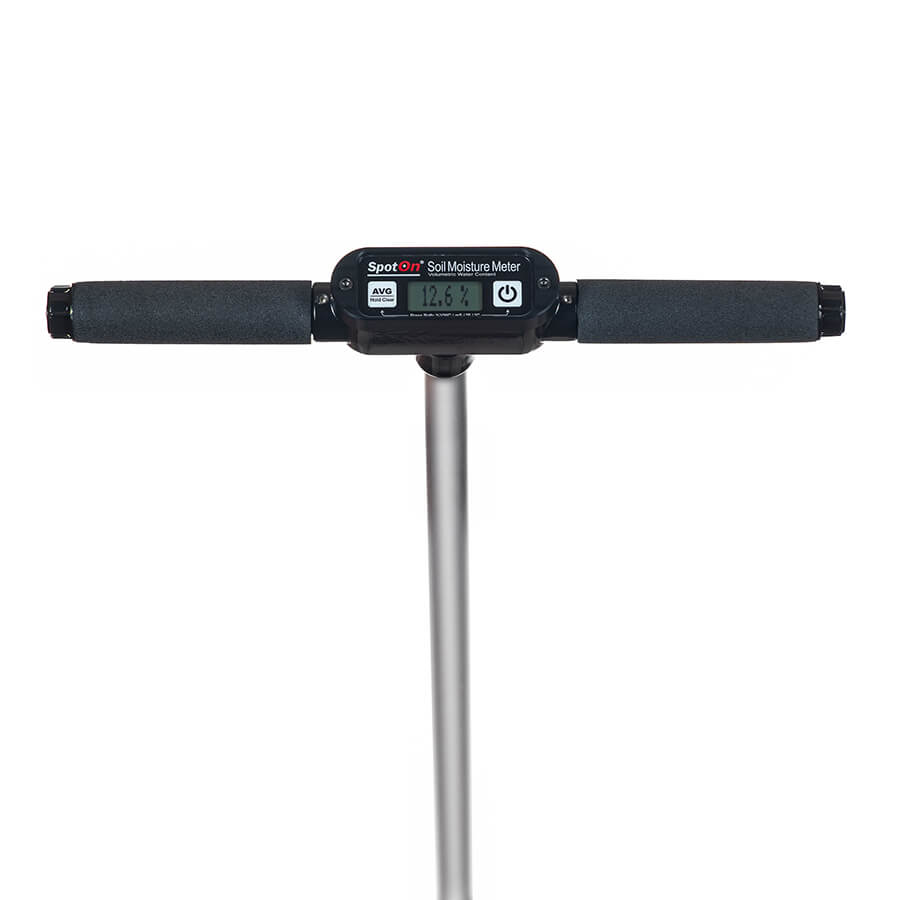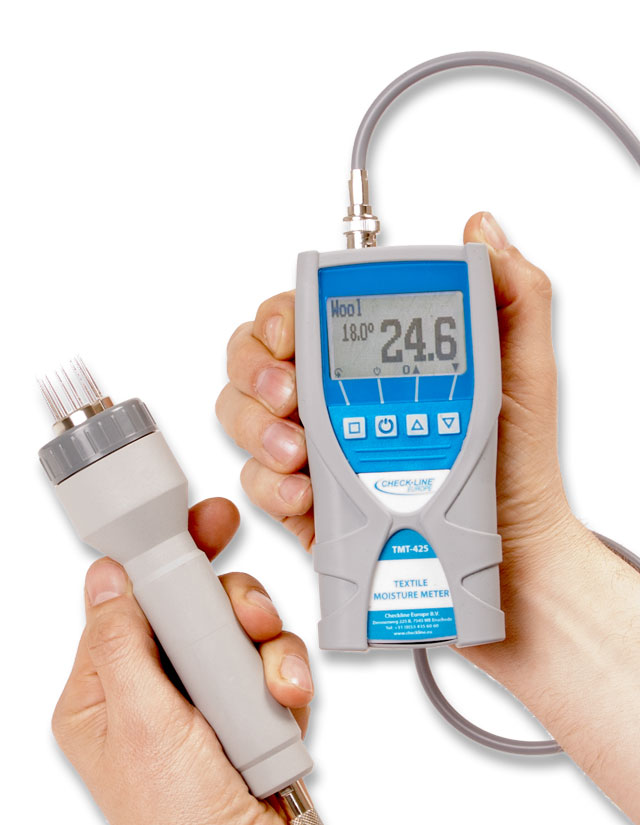Why Every House Owner Demands a Moisture Meter: Trick Benefits and Attributes
Why Every House Owner Demands a Moisture Meter: Trick Benefits and Attributes
Blog Article
The Ultimate Overview to Dampness Meters: A Comprehensive Introduction and Exactly How They Can Save You Cash
Dampness meters serve as indispensable tools in detecting and checking moisture content in products, aiding in protecting against expensive problems and making sure the high quality of items. Understanding the subtleties of different kinds of moisture meters, their applications, and the possible cost-saving benefits they supply can be a game-changer for organizations and experts alike.
Types of Dampness Meters
Numerous types of moisture meters are readily available for various applications in various industries. One usual type is the pin-type wetness meter, which determines the electric resistance between two pins inserted into a product. This kind appropriates for timber, drywall, and various other structure materials. Pinless moisture meters, on the other hand, use electromagnetic sensor plates to scan a larger area without triggering damages to the product's surface. Moisture Meter. These meters are suitable for promptly assessing moisture levels in large areas such as walls and floors.

Furthermore, there are also specialty moisture meters created for details products like soil, grain, or hay. These meters give accurate moisture analyses tailored to the unique properties of the product being checked. Infrared wetness meters measure the thermal properties of a product to identify its moisture web content non-invasively, making them valuable for applications where pin or pinless meters may not be appropriate. Comprehending the different sorts of dampness meters available can assist industries select the most appropriate device for their particular dampness measurement demands.

Benefits of Utilizing Moisture Meters
Dampness meters offer vital advantages in precisely analyzing and keeping track of moisture degrees in varied products and environments (Moisture Meter). One of the main advantages of making use of moisture meters is the prevention of prospective damages brought on by excess moisture. By discovering and resolving high moisture levels beforehand, dampness meters help to avoid mold and mildew development, rot, and structural damage in structures, conserving both time and money on repair work. Additionally, dampness meters help in ensuring the quality of materials during construction or manufacturing processes. By precisely determining wetness material, these tools assist preserve the stability of timber, drywall, concrete, and other materials, decreasing the danger of failures or defects.
Additionally, making use of wetness meters can lead to raised energy performance. In agricultural setups, moisture meters play a vital role in enhancing plant yields by making it possible for farmers to keep track of dirt moisture levels and make educated irrigation decisions.
How to Select the Right Moisture Meter
When choosing a dampness meter, it's vital to make sure that the meter is appropriate for the particular product you will certainly be screening. Various products have differing electrical buildings that can impact wetness readings, so picking a meter created for your material is crucial for exact results. By thoroughly assessing these factors, you can pick a wetness meter that meets your demands and offers exact wetness measurements for your tasks.
Appropriate Techniques for Dampness Meter Use

Price Financial Savings Via Dampness Meter Applications
How can the tactical usage of moisture meters lead to significant cost financial savings throughout different markets? Moisture meters play an important role in cost financial savings by preventing possible damages and guaranteeing quality assurance in different sectors. In the farming sector, wetness meters aid in determining the optimum time for collecting plants, stopping over-drying or excess moisture that can influence the last product's top quality. This exact tracking assists farmers avoid unnecessary losses and maximize their yield.
Similarly, in building and construction, dampness meters assist protect against expensive damages by identifying dampness levels in structure materials, such as wood or concrete, which can bring about structural concerns if not attended to promptly. By determining trouble areas beforehand, professionals can take corrective actions to prevent considerable repair work or substitutes, ultimately saving time and cash.
Additionally, in the food handling sector, moisture meters are crucial for monitoring product quality and making sure conformity with safety laws. By properly determining moisture web content in food, producers can prevent perishing, maintain freshness, and minimize waste, causing substantial price financial savings. Overall, the tactical application of wetness meters is a useful financial investment that can bring about significant price decreases and boosted performance throughout numerous sectors.
Verdict
In verdict, wetness meters are valuable devices for measuring and identifying wetness go to this website levels in numerous products. By utilizing the appropriate wetness meter and following appropriate techniques, customers can efficiently prevent pricey problems triggered by excess dampness.
Wetness meters serve as essential devices in discovering and keeping track of moisture web content in products, helping in preventing pricey damages and making sure the quality of products. Infrared dampness meters measure the thermal residential or commercial properties of a product to determine its wetness content non-invasively, making them helpful for applications where pin or pinless meters might not be suitable.Wetness meters offer vital advantages in precisely checking and assessing wetness degrees in diverse materials and atmospheres. In farming settings, wetness meters play a critical role in enhancing plant yields by enabling farmers to keep an eye on dirt moisture levels and make notified watering decisions.In verdict, dampness meters are important devices for measuring and spotting wetness levels in different materials.
Report this page